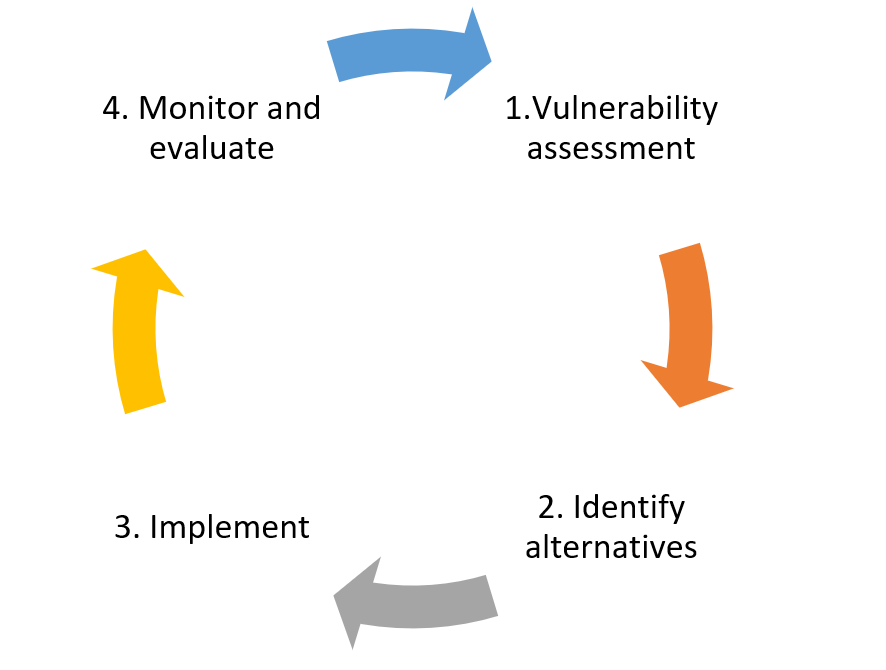September 2020 - Wastewater Sampling - An Early Warning System for SARS-CoV-2
/Sampling of wastewater effluent is an emerging strategy to detect and prevent the spread of the novel coronavirus (SARS-CoV-2). As we look to reopen the economy and get people back to work, implementing proactive solutions that ensure the safety of employees, customers, and their families should be a top priority for all facilities. Many businesses and institutions have already begun taking steps to ensure worker and customer safety as part of their COVID-19 prevention and risk reduction strategy.
Read More










